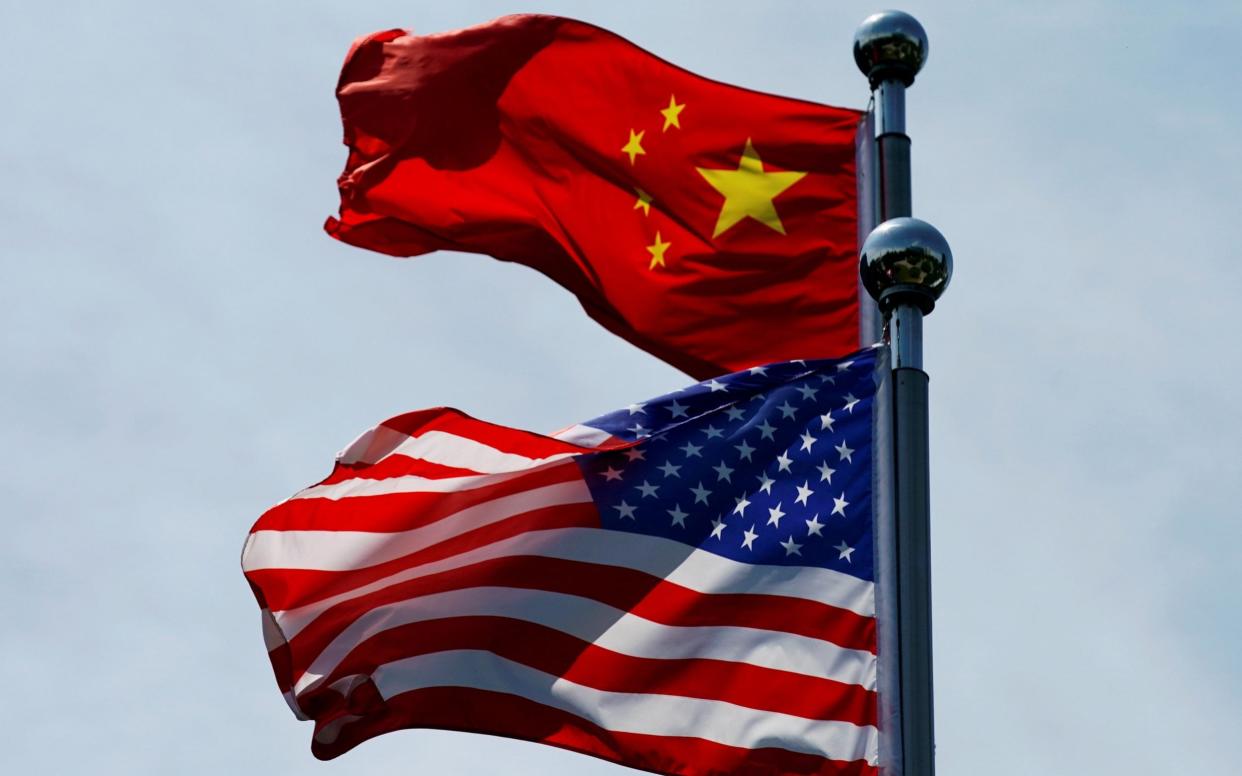China stops renewing press credentials for foreign journalists at US news organisations

China has refused to renew press credentials for foreign journalists working at US news organisations, the latest salvo in a fast-escalating diplomatic spat with Washington.
The Chinese government has instead issued letters – rather than processing press cards – in a move that Beijing explicitly said is “reciprocal” to how the US government is handling visas for Chinese journalists, many of whom work for state media.
So far, five journalists with four US news outlets have been impacted, including the Wall Street Journal, CNN, Bloomberg and Getty Images. Those affected include American and European journalists based in China, including at least one British citizen – Jeremy Page of the WSJ, who previously reported for the Times of London.
Beijing and Washington have sparred over a wide range of issues, including trade, coronavirus, human rights and espionage. The two countries have also been at loggerheads over access and treatment of journalists.
China has expelled 17 foreign journalists this year, including as punishment for those outlets’ coverage of the coronavirus pandemic. The journalists forced out of China worked for the WSJ, New York Times and Washington Post. Though primarily American citizens, Australian and Singaporean nationals working for those outlets have also had their press credentials revoked.
The US has also taken a series of actions this year, including mandating Chinese state media outlets to register as foreign agents.
In response to Beijing issuing punitive short-term visas to American journalists in China in recent years, Washington in May began limiting visas for Chinese state media employees to 90 days. The initial period expired in August, though has been reportedly extended for an additional 90 days.
1/ The Foreign Correspondents’ Club of China is very alarmed that Chinese authorities have stopped renewing press credentials for journalists working at US news organizations.
— Foreign Correspondents' Club of China (@fccchina) September 7, 2020
China on Monday again threatened Washington, with a foreign ministry spokeswoman posting on Twitter that “if the US keeps moving down the wrong path, China has no choice but to take justifiable and necessary countermeasures.”
The Foreign Correspondents’ Club of China (FCCC) said that the letters issued by the Chinese government put foreign journalists in a “precarious temporary status…[and] at constant threat of expulsion.”
“These coercive practices have again turned accredited foreign journalists in China into pawns in a wider diplomatic conflict,” the FCCC said in a statement.
The FCCC has in the past condemned Beijing for “weaponising” visas to pressure and punish foreign news organisations’ reporting that it dislikes.
Harassment and intimidation of foreign journalists in China has escalated significantly.
Last week, a Beijing-based correspondent for the Los Angeles Times was grabbed by the throat by a security official and pushed into a cell at a police station, where she was detained for four hours.
In recent years, the Telegraph has been physically assaulted by plainclothes and uniformed officers, had devices and passports confiscated and thus been barred from making phone calls while detained.

